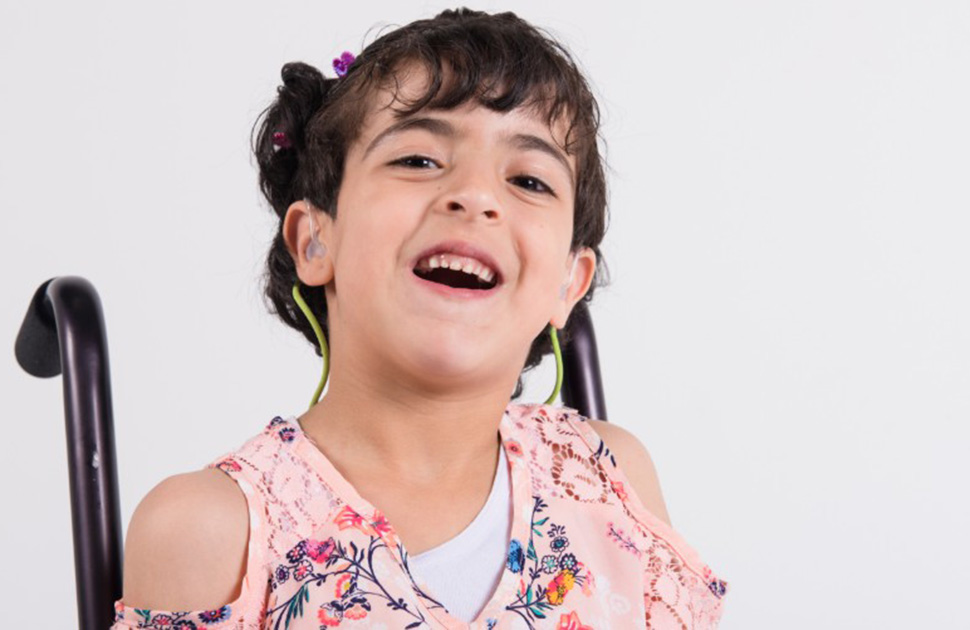Ottawa (ON) – Oct. 4, 2024 – During the pandemic, wastewater monitoring was an innovative solution that allowed us to better monitor COVID-19 levels in our community.
To better understand the impact and possible applications of this tool, the uOttawa Delatolla Research Group, CHEO, CHEO Research Institute and Ottawa Public Health have teamed up to support the continuation of wastewater monitoring of COVID-19, influenza, RSV and mpox in the City of Ottawa until September 2025.
The wastewater monitoring program started in 2020 as a research project to better understand the levels of SARS-CoV-2 in the community. Since then, it has demonstrated to be a useful, near real-time and reliable method of public health surveillance and a leading indicator of community transmission.
This new agreement will enable uOttawa, under the direction of Dr. Robert Delatolla, to provide analysis and deliver detailed information that support health surveillance in the city, as well as provide insights to seasonal operations for local health care organizations.
Quotes:
“Wastewater has been an important tool for CHEO to plan and keep track of illnesses that affect our community. This strong partnership with uOttawa and OPH will give us a head start when responding to spikes rather than after kids arrive in our Emergency Department.’ – Alex Munter, CHEO President and CEO
“Wastewater surveillance has been a game-changer. This innovation sparked a movement around the world that empowered communities to be proactive in their response to crises in health care. I’m happy to see our partnership continue this important work in Ottawa over the coming years.” - Dr. Jason Berman, CEO and Scientific Director at the CHEO Research Institute.
“I invite the people of Ottawa to continue to use the Respiratory and Enteric Surveillance Dashboard at OttawaPublicHealth.ca/RespVirus to assess their risk and take measures to protect against the spread of infections.” - Dr. Vera Etches, Medical Officer of Health at Ottawa Public Health
"Our research group is truly grateful for the overwhelming support we've received from the community over the past few months through emails, letters, and phone calls advocating for the continuation of our wastewater monitoring system. We've gained invaluable insights into how this information is essential for community members facing health challenges, and we are thrilled to continue providing this vital service. A heartfelt thank you to OPH, CHEO, and CHEO-RI for their unwavering support." - Robert Delatolla, CIHR Applied Public Health Chair – Environment, Climate Change and One Health and Professor of Civil Engineering at the University of Ottawa
-30-
Media inquiries:
For uOttawa: Isabelle Mailloux Pulkinghorn
(613) 240-0275
About CHEO
Based in Canada’s capital, CHEO is a globally renowned health institution with a mission to provide exceptional care and support to children, youth and their families. Opening our doors in 1974, we offer a full range of specialized pediatric care and services to children from eastern and northern Ontario, western Quebec and Nunavut. Our site is home to a hospital, a children’s treatment centre, a school, a research institute, and is affiliated with the University of Ottawa as an academic health science centre. Named Canada’s best health-care employer by Forbes in 2024 and 2025, we are home to more than 6,500 staff, clinicians, scientists and researchers, as well as volunteers – all of whom work together to help children and youth achieve their best lives.
About the CHEO Research Institute
The CHEO Research Institute coordinates the research activities of CHEO and is affiliated with the University of Ottawa. Its three programs of research are molecular biomedicine, health information technology, and evidence to practice research. Key themes include cancer, diabetes, obesity, mental health, emergency medicine, musculoskeletal health, electronic health information and privacy, and genetics of rare disease. The CHEO Research Institute makes discoveries today for healthier kids tomorrow. The CHEO Research Institute’s work in genetics has been supported by Genome Canada, CIHR and the Canada Foundation for Innovation.





